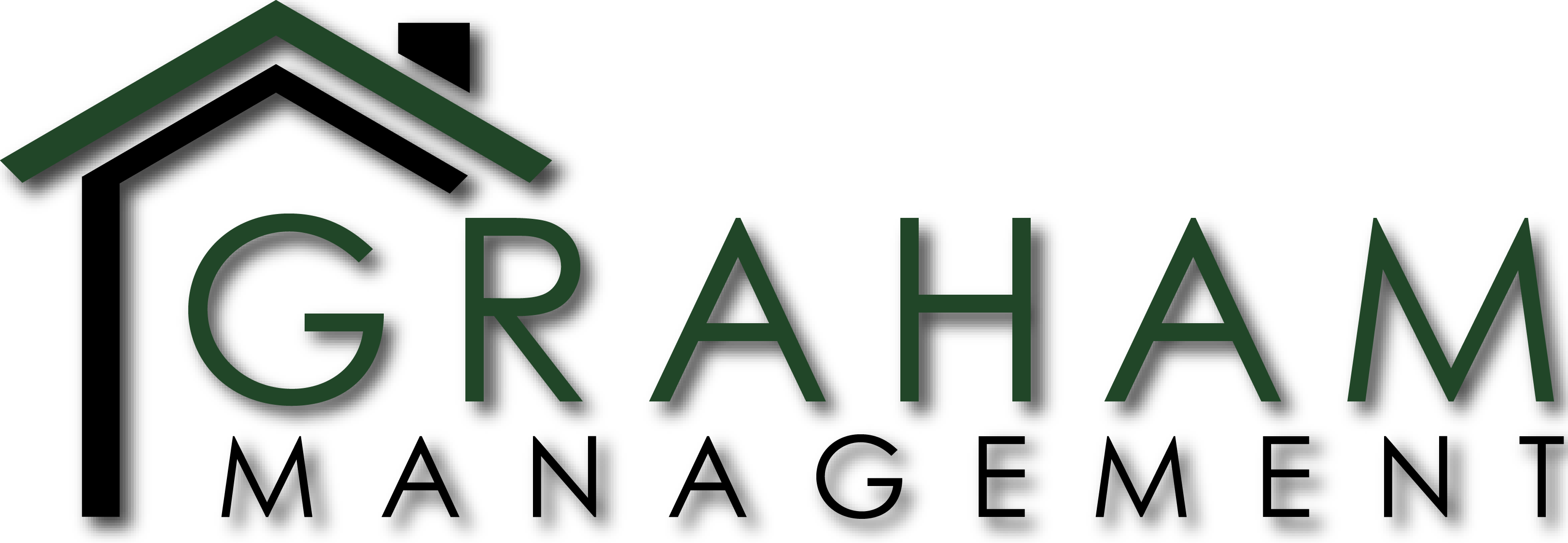It’s worth investing in HOA board training, as it can have a profound impact on the community and its members. Board directors are responsible for governing and maintaining the HOA, and supporting them with additional education can only result in positives. That said, not many know the first thing about board training and where to begin.
The Benefits of HOA Board Training
The HOA board is responsible for managing the association. They have a wide range of duties, and performing these duties is not always easy, especially without experience or education. This is why training plays a critical role.
Here are the benefits of HOA and condo board training.
1. Learn Proper Governance
Good governance helps keep a community running smoothly and ensures everyone’s needs are taken into account. Board training can teach important skills like how to run meetings, make fair decisions, handle disagreements, and follow ethical guidelines. With the proper training, board members can lead the community with honesty, fairness, and openness.
 2. Ensure Legal Compliance
2. Ensure Legal Compliance
Homeowners associations must follow a variety of rules, including state laws and their governing documents. HOA board member training can help leaders understand these responsibilities so they can follow the rules correctly. This knowledge helps prevent legal trouble and protects the community from potential issues.
3. Grasp Accounting and Financial Management
Boards handle the community’s finances, from setting budgets to collecting dues and making financial decisions. With the right training, board members can learn how to read financial statements, plan for reserves, and make smart investment choices. It also teaches them how to spot red flags, catch mistakes, and recognize signs of possible fraud.
4. Understand Community Management
Homeowners associations take care of shared spaces, ensure adherence to the rules, and oversee amenities and services for residents. With proper training, board members can learn how to plan maintenance, work with vendors, and enforce rules in a fair manner. This will help the community run smoothly.
5. Learn Dispute Resolution
Disagreements are bound to happen in any community, but the way the board handles these disputes can make a big difference. Proper HOA board training can give members the tools to manage conflicts in a calm and respectful manner. They can learn how to listen, negotiate, and find solutions that work for everyone involved.
 6. Understand Risk Management
6. Understand Risk Management
Homeowners associations deal with many types of risks, such as legal issues, financial problems, and reputation concerns. Board training will allow members to spot these risks early on and take the right steps to prevent them. It can also teach them how to set clear policies and procedures. All of this can preserve the community and its property values.
The Cost of HOA Board Training
Although board training comes with several benefits, it also comes with costs. Professional training, in particular, doesn’t come free. More often than not, HOAs need to pay for courses and certifications. Even with in-house training, the association will still need to invest resources into ongoing education.
In addition to monetary costs, board members also have to devote time to the endeavor. Training takes time, and there is usually a learning curve to it as well. Moreover, board members must make a concentrated effort to excel in their training courses.
While HOA board training requires time and money, it remains a valuable investment for both HOAs and their leaders. Ongoing training for HOA board members allows them to fulfill their duties effectively. This will benefit the association and its residents in the long run.
Is HOA Board Training Required?
Whether or not HOA board of directors training is mandatory for an association depends on two things: state laws and the governing documents. Some states, such as Florida (Section 720.3033), require board members to undergo training. Others are considering legislation that would include this requirement in the future.
In Texas, as of writing, there is no state law that mandates HOA board members to undergo any formal training or certification. That said, some communities require training in accordance with their governing documents.
The CC&Rs and bylaws of an HOA might stipulate that board members have to go through proper training and certification. Of course, not all HOAs are made equal. Because of this, board members and homeowners should review their governing documents for verification.
How do You Train HOA Board Members?
There are a number of possible ways to train board members in an HOA. These include starting with committees, learning from veteran leaders, taking online classes, enrolling in certification courses, and hiring an HOA management company.
 Start With Committees
Start With Committees
One way to train HOA board members is to start with committees. This method focuses on committee members who have the potential to become future board members. Starting the training process while they are still on committees can give them a head start with board duties. This also allows current board members to identify those who show promise.
Learn from Veteran Leaders
Incoming board members can seek mentorship from current or outgoing board members. Veteran board members already have the experience and knowledge necessary to lead communities. New board members can ask them for advice and guidance. Existing or outgoing board members can even arrange a training session for newbies.
Take Online Classes
There are plenty of online classes available for HOA board members. Some of these classes are free, while others require payment. There are also tons of online resources that board members can access, from helpful articles to webinars.
Enroll in Certification Courses
The Community Associations Institute (CAI) offers an HOA certification course for board members. Known as the CAI Board Leader Certificate, this course supports board members in ongoing education and training. It is designed for all homeowners, whether they are experienced board members, new recruits, or are simply considering joining the board.
 Hire an HOA Management Company
Hire an HOA Management Company
Many HOA management companies offer HOA board education as part of their services. Taking part in this program can familiarize board members with best practices and industry trends, allowing them to perform their responsibilities more effectively.
How do I Become a Better Board Member?
Training and education are the keys to becoming a better board member. That said, there are other qualities that define good board members. These include the following:
- Integrity. A good board member acts honestly, ethically, and in the community’s best interest.
- Fairness. A good board member treats everyone equally, showing no favoritism or bias.
- Reliable. Board members must be dependable. They must consistently attend board meetings and follow through on their commitments.
- Professional. Board members must maintain a respectful tone in meetings and all interactions.
- Communication Skills. A good member can speak in a clear manner and knows how to practice active listening.
- Problem Solver. A good board member will look for realistic and fair solutions to problems.
- Decision Maker. Board members must make sound decisions based on facts and feedback.
- Project Management. A good board member knows how to coordinate tasks and stay on top of things.
Beyond that, board members must have a great understanding of state laws and their governing documents. They must always put the community first and never make decisions based on personal gain.
Beneficial in More Ways Than One
It is clear that the benefits of HOA board training outweigh the costs. Apart from supporting good HOA governance, training also helps in professional development both in and out of the community.
Graham Management provides exceptional and reliable HOA management services to Houston communities. Call us today at (713) 334-8000, request a proposal, or contact us online to learn more!
RELATED ARTICLES:
- HOA Board: Who Are They And What Do They Do?
- HOA President: Duties, Responsibilities And FAQs
- What Is The HOA ARC (Architectural Review Committee)?


 2. Ensure Legal Compliance
2. Ensure Legal Compliance 6. Understand Risk Management
6. Understand Risk Management Start With Committees
Start With Committees Hire an HOA Management Company
Hire an HOA Management Company